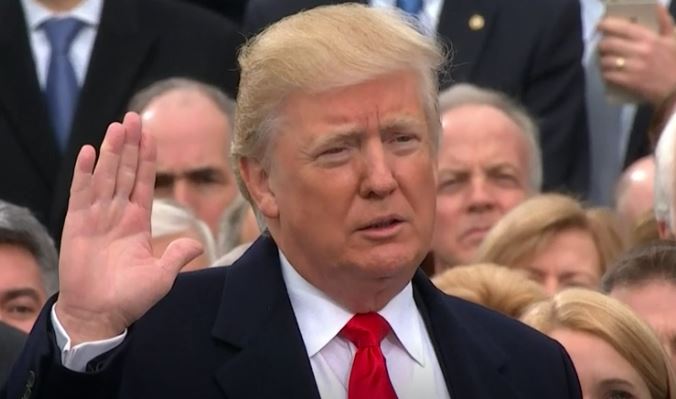Trump’s latest drug price reduction scheme? Import from Canada

The Trump administration has unveiled its latest plan to cut US spending on medicines, and it rests on importing some lower-cost drugs from Canada and other countries.
The plan, which still isn’t fully formed, envisages two ‘pathways’ that could be used to source medicines from lower-cost markets, providing they meet US criteria for ensuring the drugs meet quality standards.
Critics argue that the plan is unworkable, could expose Americans to drugs that are counterfeit or low-quality, and would have a negligible impact on medicine pricing overall, whilst also potentially creating shortages in Canada.
There’s also a long way to go – likely years - before the plans could emerge from the pilot phase and be adopted nationwide.
The first pathway would allow state governments, pharmacies and wholesalers to propose schemes for importing drugs from Canada to the Department of Health and Human Services (HHS). It would apply to Health Canada-approved drugs only and plans would have to ensure the imported drugs pose no health and safety risk, and deliver “significant cost savings.”
Some US states have already tried to implement drug importation schemes to save money, most recently Florida which has passed its own proposal – backed by President Trump – and is trying to drum up federal support.
Vermont, Maine and Colorado have also passed similar legislation, and others have proposed such measures, although so far none have the necessary approvals from HHS. Now, the federal government seems to have opened the door, at least a crack, to green lighting those plans.
The second pathway is aimed at pharma manufacturers, and would create a means for them to import versions of FDA-approved drugs that are sold at lower cost in other markets, although the motivation for them doing so isn’t clear.
An HHS statement says that “the Administration has reason to believe that manufacturers might use this pathway as an opportunity to offer Americans lower cost versions of their own drugs.”
It goes on to say that “multiple manufacturers have stated…that they wanted to offer lower cost versions but could not readily do so because they were locked into contracts with other parties in the supply chain.”
Some drugs would be excluded from the system, including biologics, injectables or medicines that have to be provided under a Risk Evaluation and Mitigation Strategy (REMS). The inactive ingredients in the medicines would also have to come from FDA-approved facilities.
Analysts have suggested that those restrictions mean that many of the medicines that cost the most in the US would not be importable, while there’s no clear incentive for drugmakers to undercut their US products with imports.
It’s also quite a volte-face for HHS Secretary Alex Azar, who is on record as saying just last year that importation from Canada was “just a gimmick” because Canada’s market was too small to serve the needs of its much larger neighbour to the south.
An analysis by the Congressional Budget Office determined that permitting drug importation would have “no meaningful effect” on US prescription drug prices, he also suggested.
Now, the tone is very different. “President Trump has been clear: for too long American patients have been paying exorbitantly high prices for prescription drugs that are made available to other countries at lower prices,” said Azar yesterday.
“This is the next important step in the Administration’s work to end foreign freeloading and put American patients first.”
The pharma industry has long been an opponent of drug importation, and the PhrMA trade body pulled no punches in its assessment of the plans.
Its chief executive – Steve Ubl – described the plan as “far too dangerous for American patients,” adding that “there is no way to guarantee the safety of drugs that come into the country from outside the US’ gold-standard supply chain.”
He continued: “Rather than surrender the safety of Americans by importing failed polices from single-payer countries, we should work on solutions here at home that would lower patient out-of-pocket costs at the pharmacy counter.”
The importation move comes after Trump’s attempts to introduce other measures to curb drug prices have largely ended in failure.
This month the White House abandoned a plan to ban rebates paid by pharma to insurance middlemen for drugs supplied under Medicare and Medicaid, while a federal court blocked an attempt to force drugmakers to put the list prices of their medicines in TV advertising.
The President is also backing a Senate bill that would cap out-of-pocket costs for medicines at $3,100 per year for Medicare beneficiaries beginning in 2022, and would also require drugmakers to pay rebates to Medicare if they raise drug prices above inflation.












